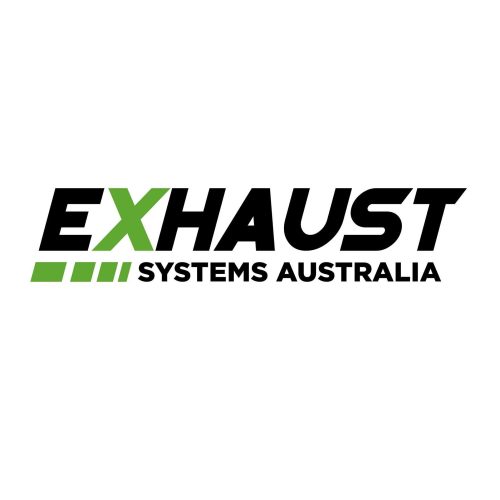

Official confirmation that Porsche will return to Formula 1 is now a formality following the revelation of documents detailing its buy-in to Red Bull.
The German marque has long been linked with a return to F1, and has been involved in discussions surrounding the sport’s next generation of power units.
A number of concessions have been made to help attract both Porsche and its Volkswagen Audi Group sibling Audi into the sport.
It’s now been revealed that Porsche is planning on acquiring 50 percent of Red Bull Technology, the entity which runs the Formula 1 team.
Documents made public by Morocco’s Conseil de la Concurrence show the deal is currently in the works, as it navigates through anti-competition requirements.
A key part of that is lodging paperwork in some markets outside of the European Union, with the process necessitating the extent of the deal to be outlined.
In the documents dated July 8, it’s revealed the 50 percent stake is part of a 10-year partnership between Red Bull and Porsche, with a formal announcement suggested on August 4.
An announcement of the deal was in fact expected earlier this month, though a lack of finality surrounding the 2026 power unit regulations is said to have curtailed those plans.
Red Bull is currently without an official engine partner after Honda withdrew from F1 at the end of last season.
That saw the Milton Keynes squad acquire the intellectual property to the power units it used in 2021 while standing up its own power trains business.
However, while there is now no official deal with Honda, the Japanese manufacturer has continued to build and maintain the engines raced by both Red Bull and Scuderia AlphaTauri this season.
That is expected to continue, while Red Bull Power Trains is in the formative stages of its own design work with a view towards 2026.
Porsche has previously had a number of forays into Formula 1, as a constructor, engine builder, and engine supplier.
In April, Porsche and Audi were given the green light to pursue projects in Formula 1 by VAG’s supervisory board.
That was followed by comments from CEO Herbert Diess the following month that the two companies were prioritising a return to the sport’s pinnacle.




















Discussion about this post